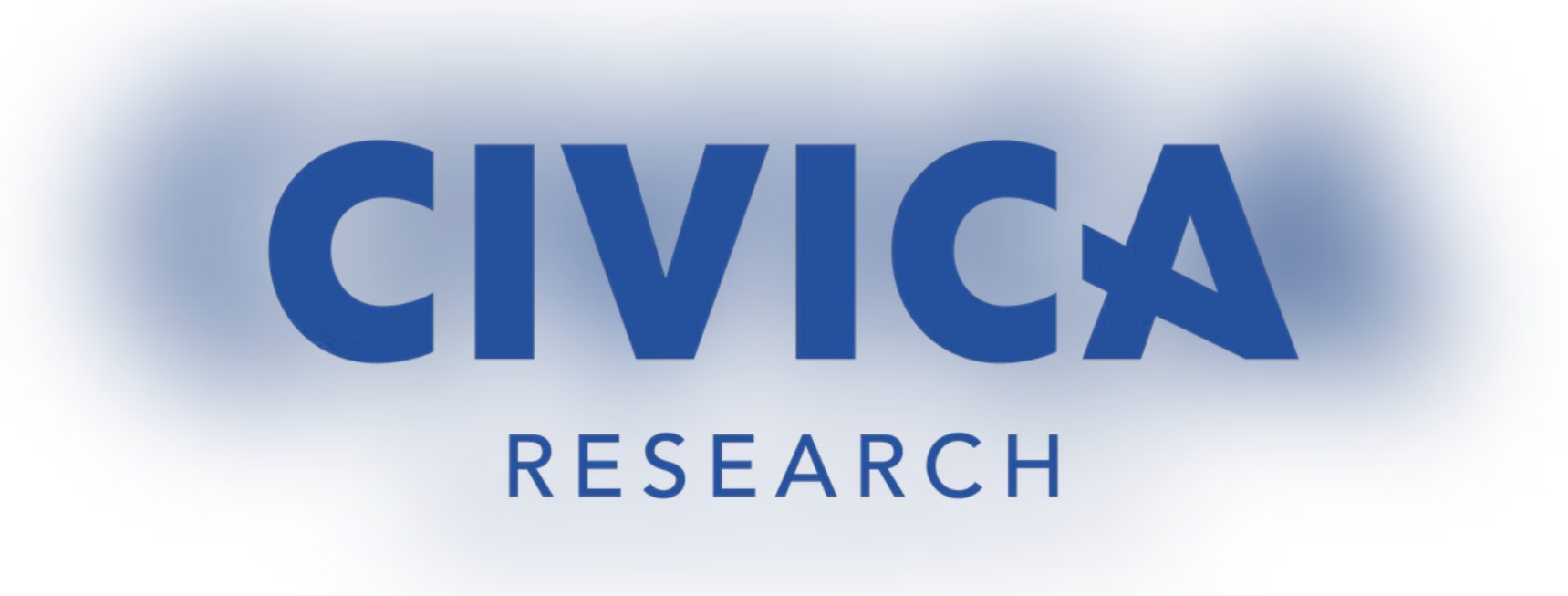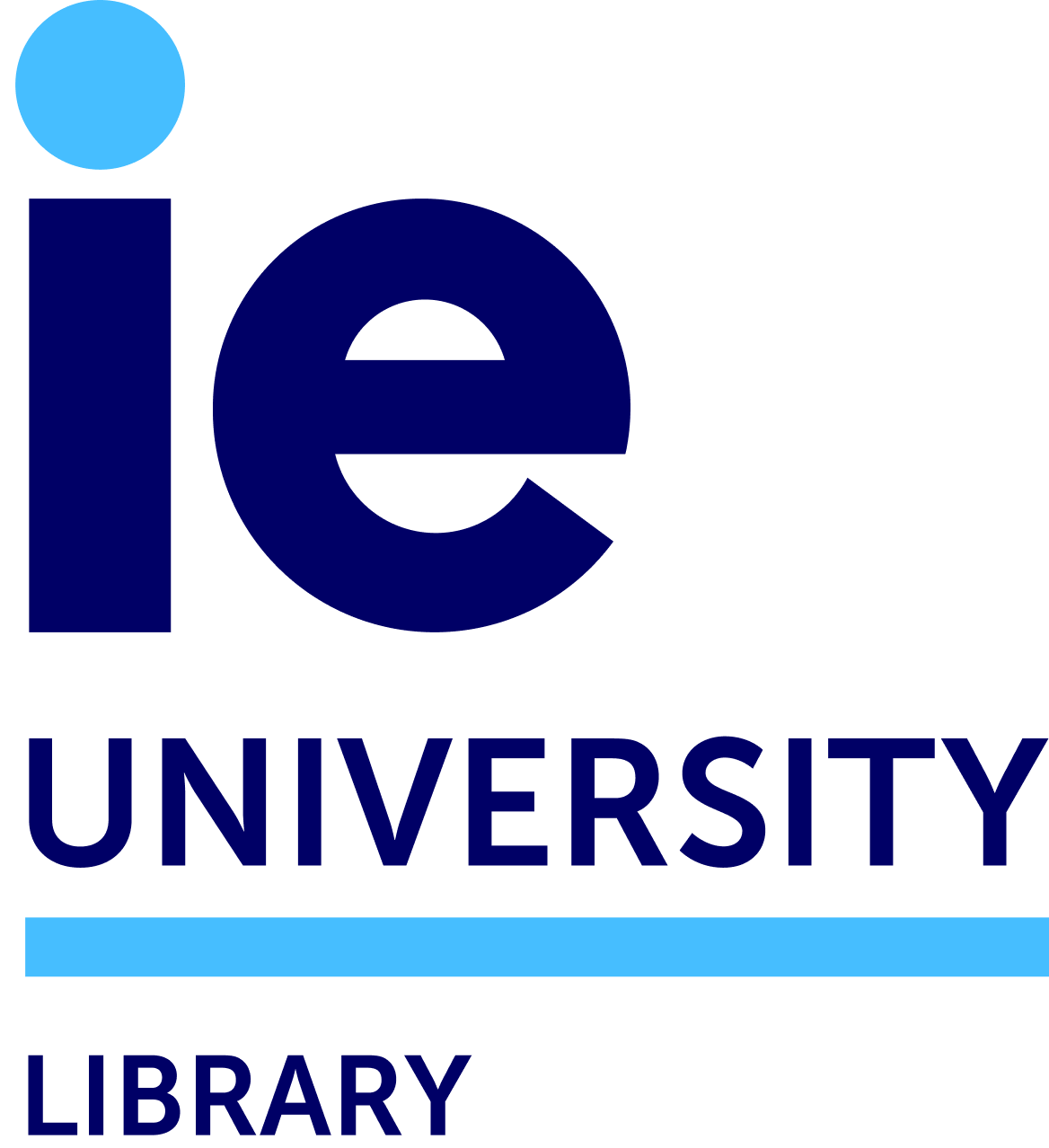
- This event has passed.
CIVICA RESEARCH – Applying open social science principles in systematic documentation analysis

Applying open social science principles in systematic documentation analysis
Alongside case studies and interviews, documentation analysis and review of varying kinds and levels of sophistication forms one of the top three parts of qualitative social science. In this session we focus on contemporary or fully publicly available document and text sources where access for replication purposes is feasible, and where a full set of documents can be read or sampled. Thus, our scope includes a vast range of government, parliamentary, public policy, sub-national government documentation (especially available under freedom of information), plus publicly available documentation of corporations, firms and NGOs, and a wide range of media outputs in text/document or other formats. (We reserve discussion documents in formal archives with restrictive access needing specialist skills, such as many historical archives, for a later session).
Open social science aims to enhance the confidence that readers can response in the presentation and interpretation of documentary evidence, strengthening the replicability, robustness and generalizability of studies using this key methods tool. Key steps include:
- Strengthening the systematic nature of documentation identification, search and summarization via content analysis, and QCA/set-based methods
- developing improved quantitative summaries of documentation contents and memes;
- making more evidence crucial for qualitative judgements accessible for inspection or counter-interpretation;
- pre-specifying hypotheses and propositions, and narratively recording the evolution of analyses or interpretations;
- making more explicit and ‘stress-testing’ the posited links between particular evidence and analytic judgements;
- complementing open social science approaches for interview-based research (see here) and case studies (forthcoming).
This event is part of a series of workshops organised to support the development of the CIVICA Research Open Science Handbook for the Social Sciences.
Speakers
Professor Patrick Dunleavy FBA FAcSS, Emeritus Professor of Political Science and Public Policy; Editor-in-Chief of the LSE Press, London School of Economics and Political Science
Dr Tim Monteath, CIVICA Open Social Science Researcher, London School of Economics and Political Science
Wednesday 25 January 2023
ONLINE
11:00-12:00 (GMT), 12:00-13:00 (CET), 13:00-14:00 (EET)

